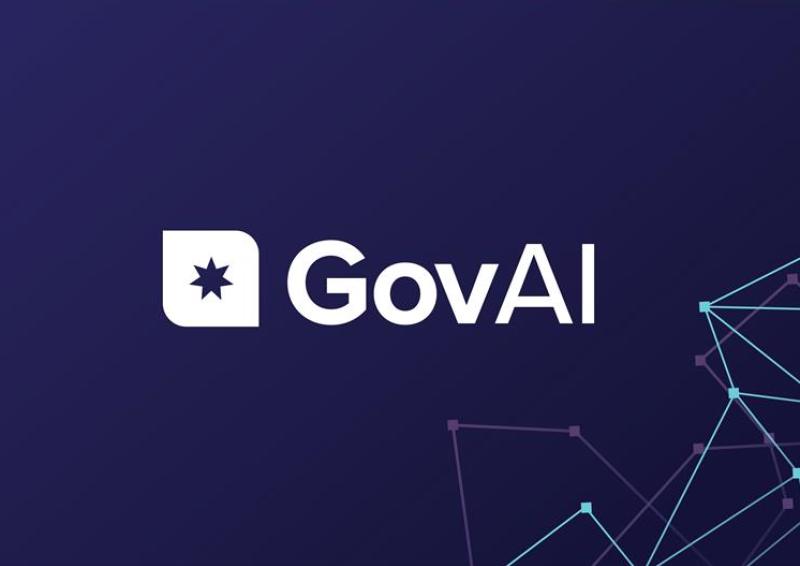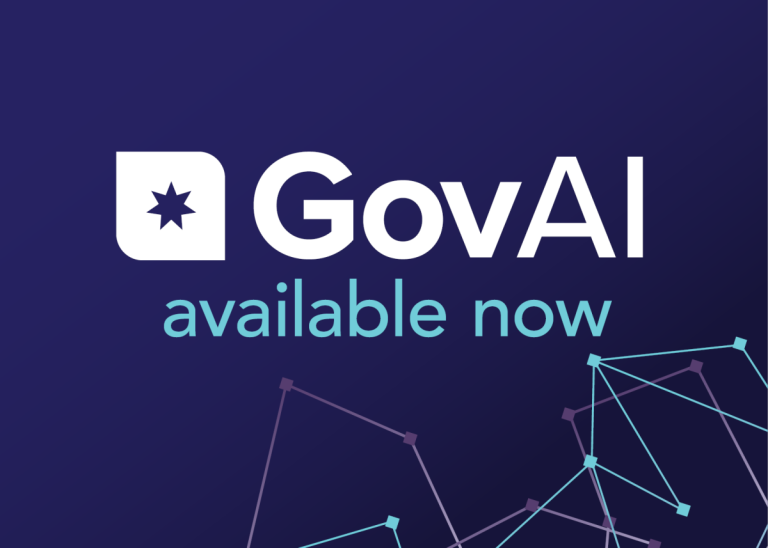Artificial Intelligence (AI)
Contents
Latest news

Published
The future is looking bright for accountants with the right skills, as organisations expect more strategic input. What skills and knowledge areas are essential for success in 2026 and beyond?

Published
AI brings new cybersecurity risks. Learn the top vulnerabilities facing businesses today and how leaders can proactively protect systems and data in an AI-driven world.

Published
How GovAI enables APS staff to safely explore, learn and collaborate on AI to improve services and productivity.
Courses

This learning offering provides a clear, consistent understanding of how AI works and what to consider when making responsible choices.

Think you always make the right decisions even under pressure? Test your ethical reflexes in the ATO’s interactive game, DAISIE.
Resources
The APS AI Plan sets out how the Australian Public Service will harness artificial intelligence to deliver better services faster, for all Australians.
This event delved into how AI technologies can be leveraged to enhance of government operations, improve service delivery, and foster innovation in policy formation.
This is a safe place where you can experiment with multiple Generative AI tools to learn about their capabilities and how to use them effectively.
The GovAI Knowledge Hub helps you learn how AI works, what it can and can’t do, and how to use it in your work. Explore resources, courses, and interactive tools.
This program includes the video recordings of the APS Academy series of Artificial Intelligence MasterCraft and Lunch and Learn events.
Learn more about GovAI and the AI tools available to the APS.




